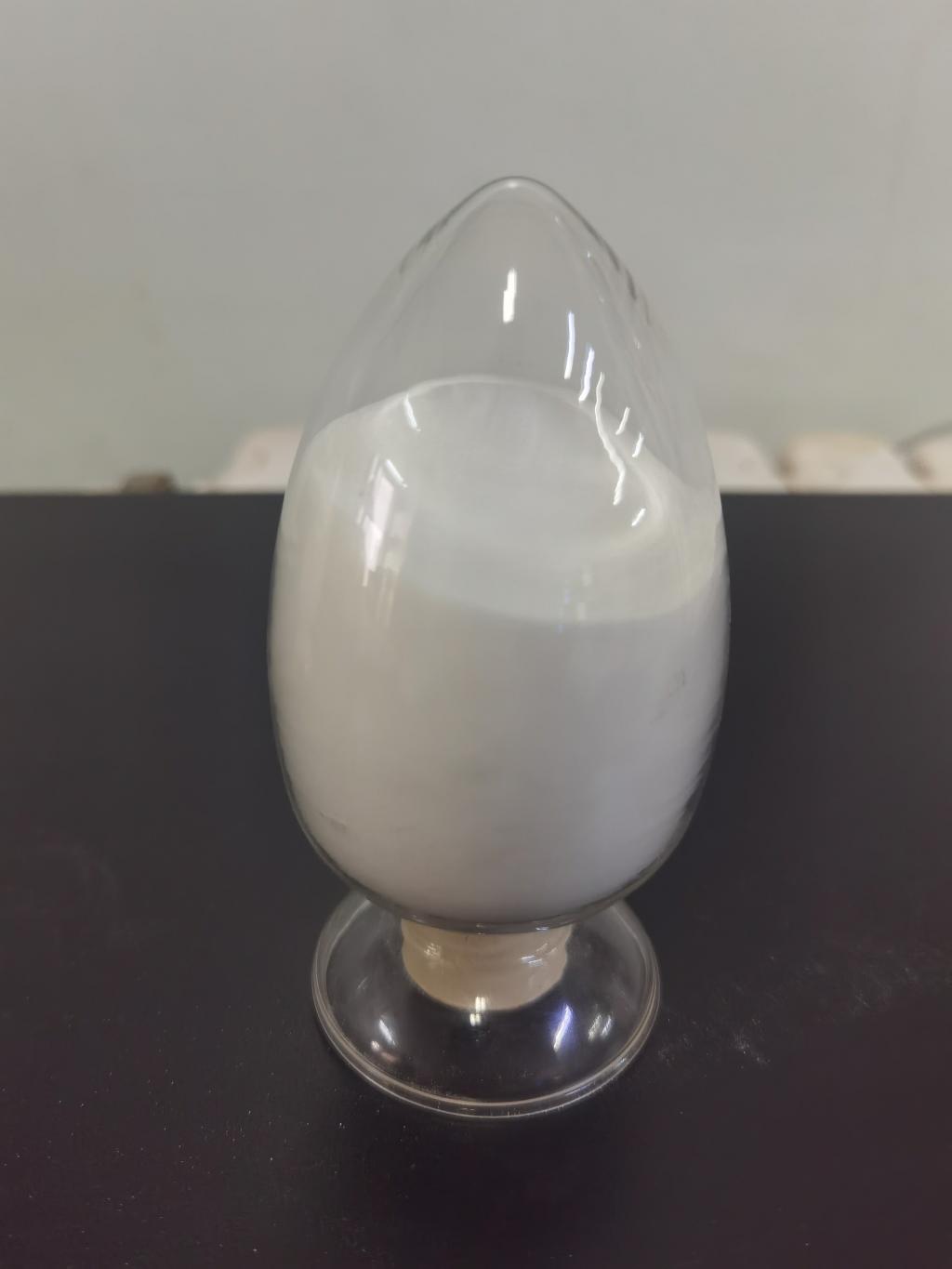Tel:+8618231198596

News
 CONTACT
CONTACT
 CONTACT
CONTACT
- Linkman:Linda Yao
- Tel: +8618231198596
- Email:linda.yao@dcpharma.cn
- Linkman:CHARLES.WANG
- Department:Overseas
- Tel: 0086 0311-85537378 0086 0311-85539701
News
Current Position:
Home >
News
>Are there any specific quality control measures for ε-Polylysine hydrochloride?
Are there any specific quality control measures for ε-Polylysine hydrochloride?
TIME:2023-06-21
Introduction:
Quality control measures are essential for the production and use of ε-polylysine hydrochloride in food products. These measures ensure that the antimicrobial peptide meets specific quality parameters, is safe for consumption, and exhibits the desired efficacy as a preservative.
Quality Control in ε-Polylysine Hydrochloride Production:
The quality control process starts during the production of ε-polylysine hydrochloride. It involves rigorous monitoring of raw materials, production processes, and final product characteristics. Good Manufacturing Practices (GMP) and Hazard Analysis and Critical Control Points (HACCP) systems are employed to ensure the consistency and safety of ε-polylysine hydrochloride.
Quality Parameters for ε-Polylysine Hydrochloride:
Several quality parameters are assessed to ensure the quality of ε-polylysine hydrochloride. These include purity, potency, pH, moisture content, solubility, and heavy metal content. Adhering to defined specifications for these parameters is crucial for maintaining the quality and effectiveness of ε-polylysine hydrochloride in food products.
Analytical Techniques for Purity Assessment:
Various analytical techniques are employed to assess the purity of ε-polylysine hydrochloride. High-Performance Liquid Chromatography (HPLC), Capillary Electrophoresis (CE), and Thin-Layer Chromatography (TLC) are commonly used methods to determine the presence of impurities, including related substances and degradation products.
Potency Analysis of ε-Polylysine Hydrochloride:
The potency of ε-polylysine hydrochloride, which refers to its antimicrobial efficacy, is a critical quality parameter. The agar diffusion method, broth dilution method, or turbidimetric assay can be used to assess the antimicrobial activity of ε-polylysine hydrochloride against specific microorganisms.
Microbiological Safety Testing:
Microbiological safety is of utmost importance in food products preserved with ε-polylysine hydrochloride. Microbiological testing ensures that the antimicrobial peptide is effective against target microorganisms and free from harmful pathogens. Standard microbiological methods, such as plate count, presence/absence testing, and challenge testing, are conducted to assess microbial growth inhibition and safety.
Stability Testing:
Stability testing evaluates the shelf life and storage conditions of ε-polylysine hydrochloride. Accelerated stability studies, real-time stability studies, and stress testing are performed to determine the impact of temperature, humidity, light, and other factors on the stability of ε-polylysine hydrochloride.
Regulatory Compliance:
ε-Polylysine hydrochloride as a food additive is subject to regulatory requirements and guidelines. Compliance with regulatory standards regarding maximum permitted levels, labeling requirements, and safety assessments is crucial. Quality control measures ensure that ε-polylysine hydrochloride complies with these regulations.
Conclusion:
Quality control measures and testing methods are essential for ensuring the quality, safety, and efficacy of ε-polylysine hydrochloride in food products. Purity assessment, potency analysis, microbiological safety testing, stability testing, and regulatory compliance play vital roles in maintaining the quality of ε-polylysine hydrochloride as a preservative. Implementing robust quality control measures enhances consumer confidence and promotes the effective use of ε-polylysine hydrochloride in the food industry.
- Tel:+8618231198596
- Whatsapp:18231198596
- Chat With Skype







